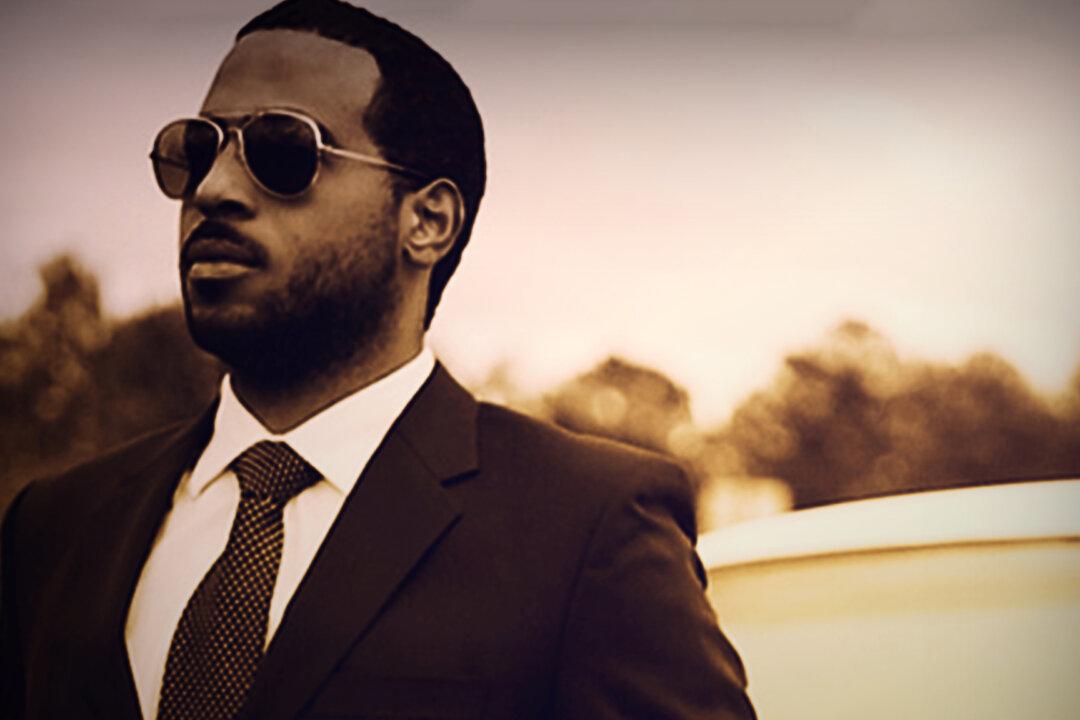Commentary
After a brief opening, Jabari Hayes introduces himself as the credits roll, saying that he’s the proud father to a 7th-grade honor roll student and husband to a wife who is beautiful “inside-and-out.” You can sense by the calm timbre of his voice that he’s a cool customer.





